Fasting shows beneficial effects while there was no adverse impact on body composition or blood parameters
Mysore: A study on the impact of fasting during the holy month of Ramzan taken up by the University of Mysore’s Department of Studies in Food Science and Nutrition, has shown a loss in body weight and fat.
Sharing the details of the study at an interaction programme on Saturday with volunteers who were part the study, Department Chairperson Dr. Asna Urooj said that the research study was on the impact of fasting during Ramzan on lipid profile, haemoglobin, body composition, antioxidants, kidney and liver function.
Principal investigator of the team was Dr. Asna Urooj, supported by Ph.D. scholars Syeda Farha, Lohith, Satish, Namratha and Akshatha. “It was a good opportunity to study the impact of fasting on metabolism and body composition. Limited studies have been conducted in India in this aspect,” said Dr. Urooj. Such an exercise will help scientifically validate religious practices and throw more light on its health benefits, she added.
Arrangements were made to collect blood samples at the department on May 4 and 5 before commencement of month-long fasting and 69 healthy volunteers between 21 and 65 years participated in the pre-fasting tests.
Muslims, who fast during Ramzan, abstain from eating or drinking anything for around 13-and-a-half hours every day. They finish their early morning meal called Sehri by 4.50 am and break the fast or Iftar around 6.30-6.40 pm. Among the 69 volunteers, 54 (male 28, female 26) returned after 29 days of fasting for repeat tests that were held on June 7 and 8.
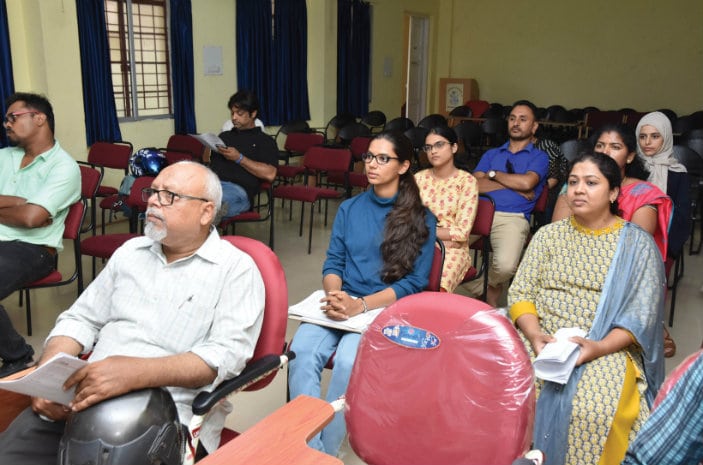
Highlights of the study
Weight loss ranged from 0.5- 2.5 kg, with variations, some lost up to 6 kg, there were no losses in muscle mass in majority of the subjects. In a few elderly, decrease in muscle mass 100-200 grams was seen. Decrease in body fat was also observed.
Anthropometric (body) measures were in acceptable range, suggesting efficient energy and muscle conservation. No changes were observed haemoglobin and blood pressure. In fact, systolic pressure decreased post fasting in majority. In a few volunteers, haemoglobin increased which may be due to consumption of protein-rich foods.
Lipid profile
Mean values for total cholesterol and triglycerides remained similar. However, decreases in cholesterol were observed among the volunteers who were less than 40 years. It was surprising to note increases in HDL cholesterol (good cholesterol) in majority of the volunteers which is a very good change. There were no changes in total protein and albumin levels, though they remained in the normal range.
The study found that blood urea and creatinine levels were within the normal ranges, in both pre and post phase. However, a decline in both was seen post fasting, suggesting that kidney function is not affected.
Antioxidant levels in blood increased post fasting suggesting decrease in oxidative stress which is implicated as the primary cause for several diseases. The increase may be due to detoxification effect of fasting and consumption of fruits, almonds and dates rich in phytochemicals or nutraceuticals.
Fasting resulted in very minimal decreases in body water compartments. Fasting for prolonged duration of 29 days resulted in some beneficial effects and there were no adverse impact on body composition or blood parameters.
“The data will now be subjected to statistical analysis before making a manuscript to publish in an International journal of Nutrition and also present in conference,” Dr. Asna Urooj added.



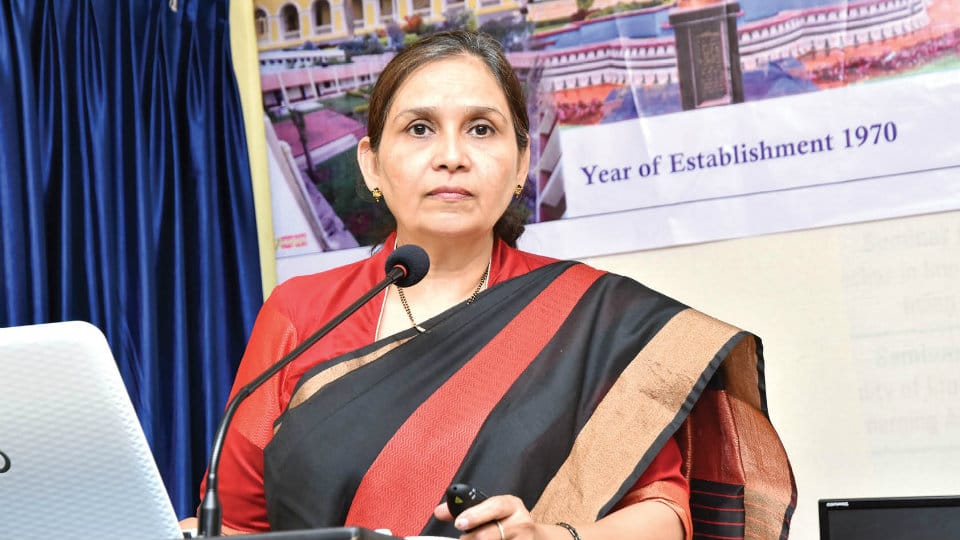
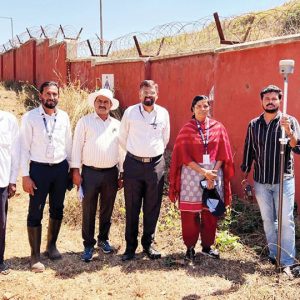

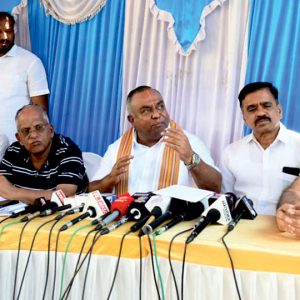
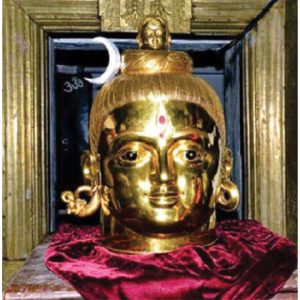
Recent Comments